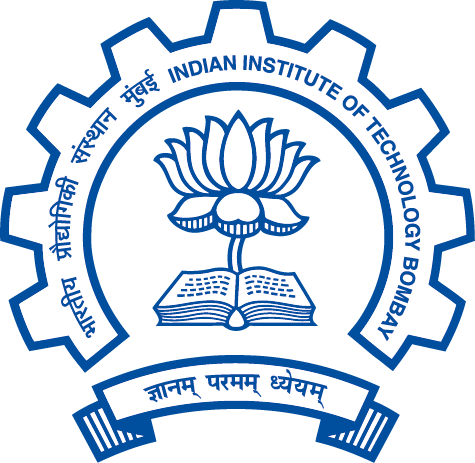Goal of the course
This course deals with topics at the interface of Economics and Computer Science. The focus will be more on the applications of game theory in social decision making. For example, how online advertising slots are allocated among competing advertisers or how the mobile telephony spectrum is distributed among the competing service providers such that certain “good” and “fair” properties are satisfied. Problems of similar flavor exist in many more applications like crowdsourcing, internet routing, fair division of goods, matching of students to advisors, facility location, social networks and many more. To understand these applications and to improve them, technology needs to partner with economic principles that drive them. This course is aimed to develop those economic principles. Even though the course is mainly focused on mechanism design (inverse game theory), it does not assume any background on game theory. The basic concepts will be developed in the initial phase of the course. The later part will see how to put this knowledge into designing games with specified objectives and several application domains of these ideas.
There are no specialized prerequisites for this course. I will assume familiarity with formal mathematical reasoning, a fair amount of probability theory, basic calculus, the basics of computational complexity. I believe that one learns the concepts of an algorithm better when one codes that algorithm. Therefore, experience in programming will be useful.
Detailed plan of the course.
